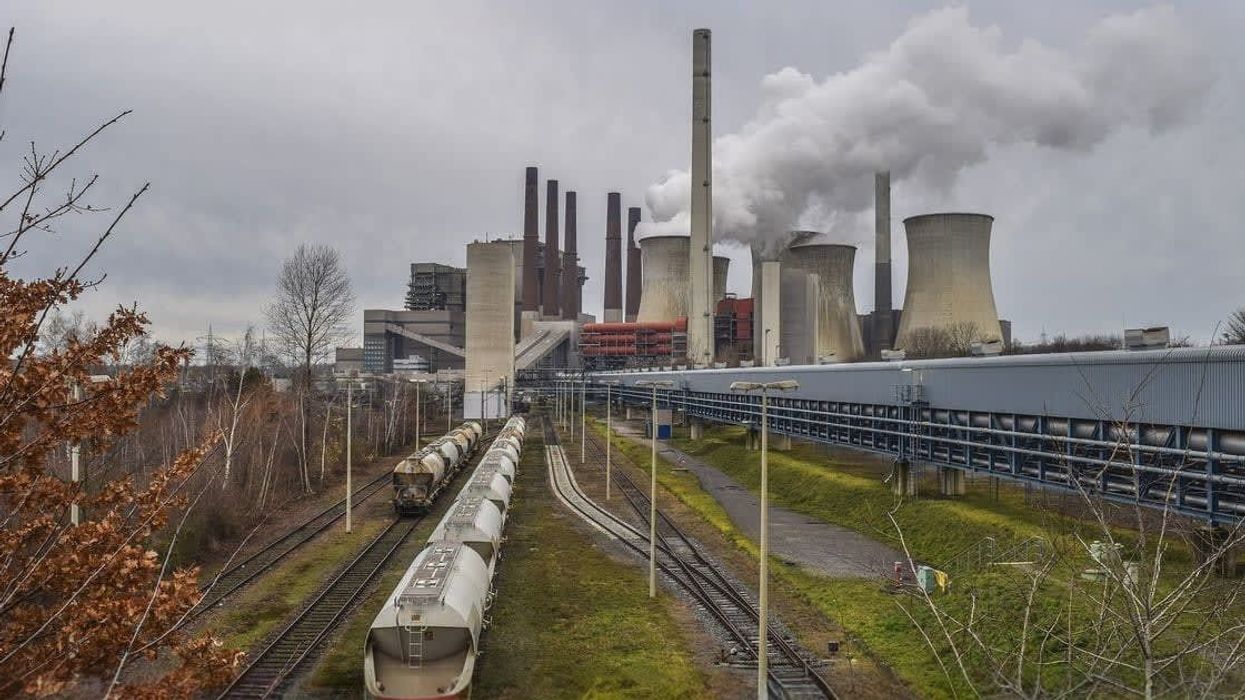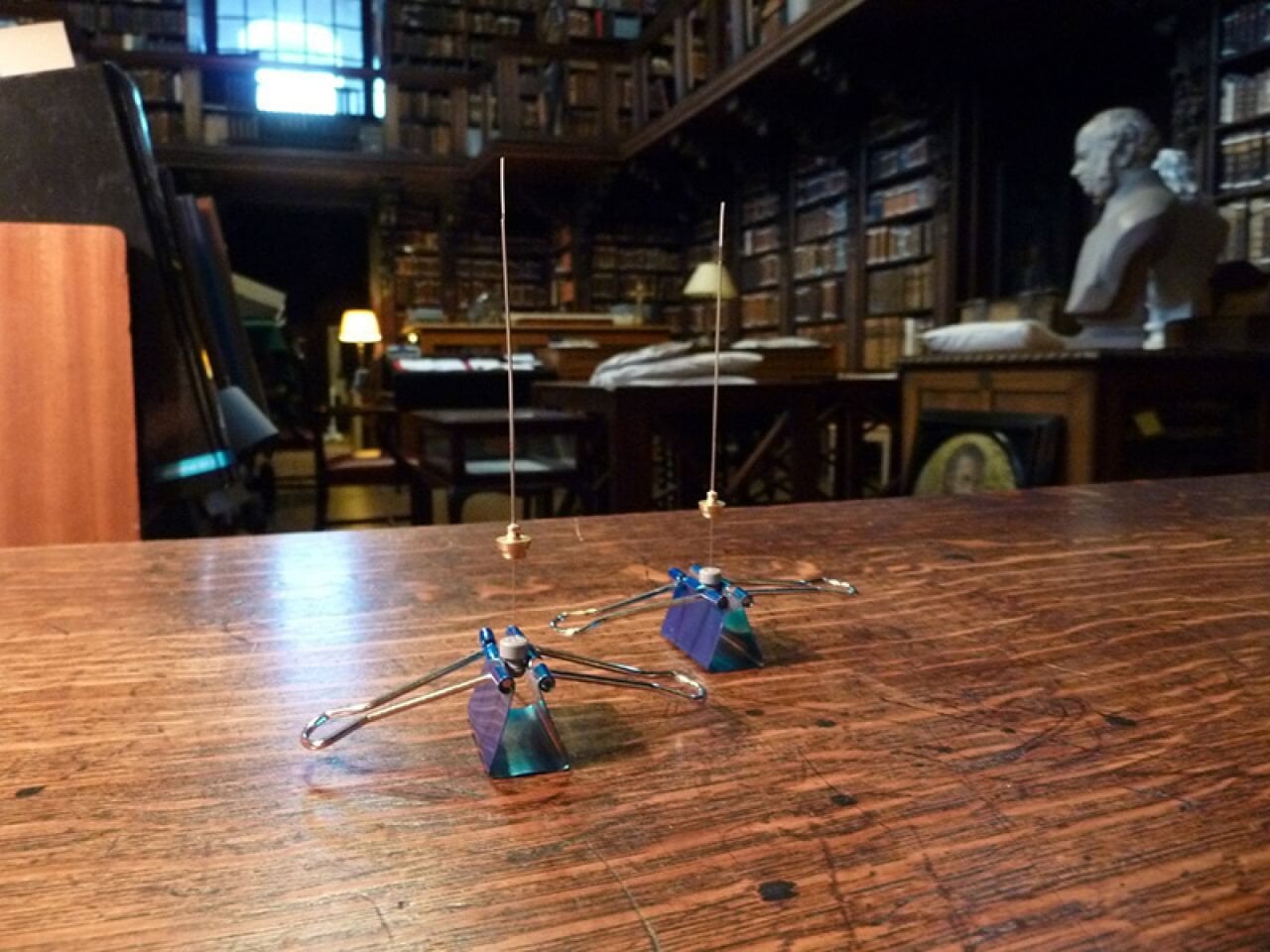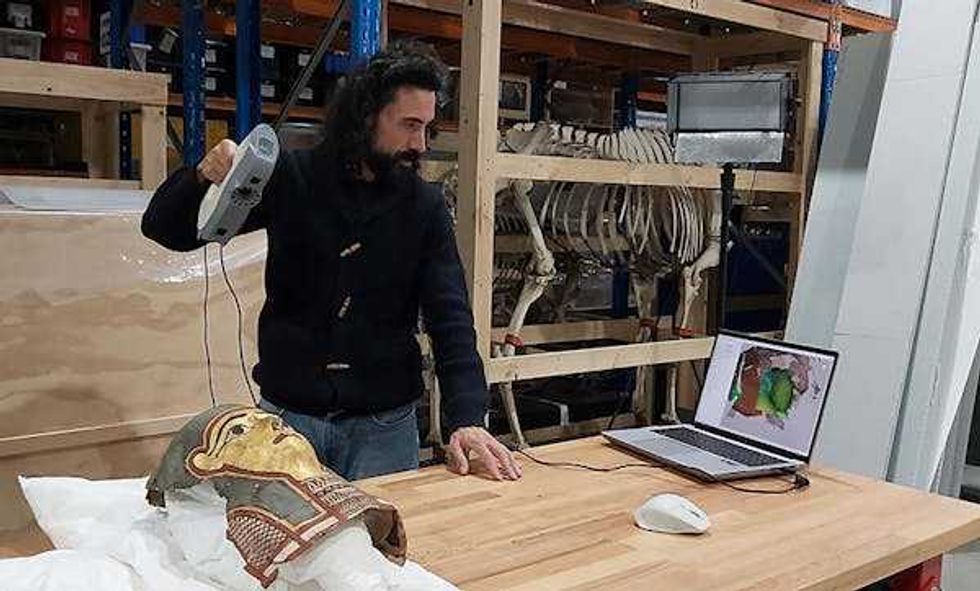This article originally appeared on Common Dreams on 3.3.21. You can read it here.
Emphasizing that the world still has a "fighting chance" to limit global warming with immediate and ambitious climate action, United Nations Secretary-General António Guterres on Tuesday urged governments and the private sector to cancel all planned coal projects, cease financing for coal-fired power plants, and opt instead to support a just transition by investing in renewable energy.
"Once upon a time, coal brought cheap electricity to entire regions and vital jobs to communities," Guterres said in a video message at the virtual meeting of the Powering Past Coal Alliance. "Those days are gone."
"Phasing out coal from the electricity sector is the single most important step to get in line with the 1.5 degree goal," Guterres continued, referring to the policy objective of preventing planetary temperatures from rising more than 1.5 °C above pre-industrial levels. "Global coal use in electricity generation must fall by 80% below 2010 levels by 2030," he added.
According to Guterres, meeting the 1.5°C climate target this decade requires eliminating "the dirtiest, most polluting and, yes, more and more costly fossil fuel from our power sectors."
None— (@)
In his address, the U.N. chief outlined three steps that public authorities and companies must take to "end the deadly addiction to coal."
- Cancel all global coal projects in the pipeline;
- End the international financing of coal plants and shift investment to renewable energy projects; and
- Jump-start a global effort to finally organize a just transition.
Guterres called on the 37 members of the Organization for Economic Cooperation and Development (OECD)—a group of relatively rich countries with a greater historical responsibility for extracting fossil fuels and emitting the greenhouse gasses that are causing deadly pollution and destroying the climate—to "commit to phasing out coal" by 2030, while urging non-OECD countries to do so by 2040.
Urging an end to global coal financing, Guterres called on all banks and investors to redirect their funds into the renewable energy sector. "All multilateral and public banks—as well as investors in commercial banks or pension funds—to shift their investments now in the new economy of renewable energy."
While stressing that "the transition from coal to renewable[s] will result in the net creation of millions of jobs by 2030," Guterres acknowledged that "the impact on regional and local levels will be varied."
"We have a collective and urgent responsibility to address the serious challenges that come with the speed and scale of the transition," he continued. "The needs of coal communities must be recognized, and concrete solutions must be provided at a very local level."
The U.N. chief urged "all countries to embrace the International Labor Organization's guidelines for a just transition and adopt them as minimum standard to ensure progress on decent work for all."
The coronavirus pandemic, Guterres noted, has "accelerated" the decline in "coal's economic viability," while recovery plans provide an opportunity to bring about a green transformation of the world's infrastructure.
In many parts of the world, a just transition dovetails with guaranteeing universal access to energy, said Damilola Ogunbiyi, CEO and special representative of the secretary-general for Sustainable Energy for All.
Ogunbiyi told conference attendees that almost 800 million people worldwide still lack access to basic electricity, while 2.8 billion are without clean cooking fuels.
"Right now, we're at a crossroads where people do want to recover better, but they are looking for the best opportunities to do that," she said. "And we're emphasizing investments in sustainable energy to spur economic development, create new jobs, and give opportunities to fulfill the full potential."
More on Good.is
California officials calmly shut down Trump's climate change denial ...
Whales can help climate change - GOOD
Climate change is unearthing artifacts from melting glaciers - GOOD























 Reuse over time and looting shifted and damaged the contents of an ancient Egyptian tomb. This displaced mummy mask could have a relationship to other artifacts already in museums around the world.Carlo Rindi Nuzzolo
Reuse over time and looting shifted and damaged the contents of an ancient Egyptian tomb. This displaced mummy mask could have a relationship to other artifacts already in museums around the world.Carlo Rindi Nuzzolo Archaeologists can use handheld 3D scanners to noninvasively map objects in very fine detail.Carlo Rindi Nuzzolo
Archaeologists can use handheld 3D scanners to noninvasively map objects in very fine detail.Carlo Rindi Nuzzolo The mask reference surface is shown in gray, while the aligned fragment is colored based on the surface-to-surface distance at each point. Green indicates a good match with almost no distance. Cooler colors show areas where the fragment lies below the reference mask, and warmer colors show where it lies above.Carlo Rindi Nuzzolo
The mask reference surface is shown in gray, while the aligned fragment is colored based on the surface-to-surface distance at each point. Green indicates a good match with almost no distance. Cooler colors show areas where the fragment lies below the reference mask, and warmer colors show where it lies above.Carlo Rindi Nuzzolo The mask fragment was a very close match to a complete mask, suggesting they were made in the same mold.Carlo Rindi Nuzzolo
The mask fragment was a very close match to a complete mask, suggesting they were made in the same mold.Carlo Rindi Nuzzolo


 Left: A robotic arm. Right: Rice grains.Photo credit:
Left: A robotic arm. Right: Rice grains.Photo credit:  A diagram on kidney stones.myupchar/
A diagram on kidney stones.myupchar/ 
 Christy Lam-Julian, a mother in Pinole, Calif., reads to her son in April 2025.
Christy Lam-Julian, a mother in Pinole, Calif., reads to her son in April 2025. Children who read bedtime stories with their parents are likely to benefit from a boost in creativity – especially if they consider questions about the books.
Children who read bedtime stories with their parents are likely to benefit from a boost in creativity – especially if they consider questions about the books.